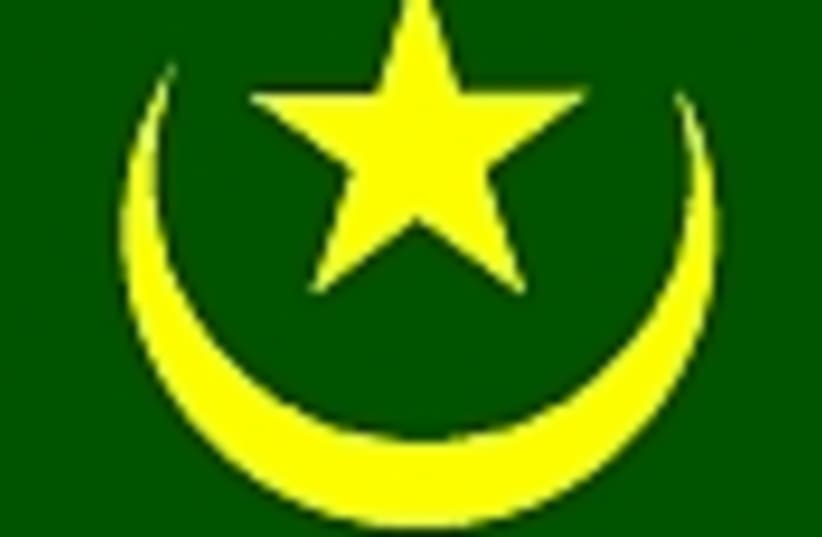| More about: | Arab League, Israel, Mauritania, Karachi |
Mauritanian journalist: Visit is disappointing
Turad oueld Sidi is one of the few Arabs who actually wanted an Israeli stamp on his passport.


| More about: | Arab League, Israel, Mauritania, Karachi |